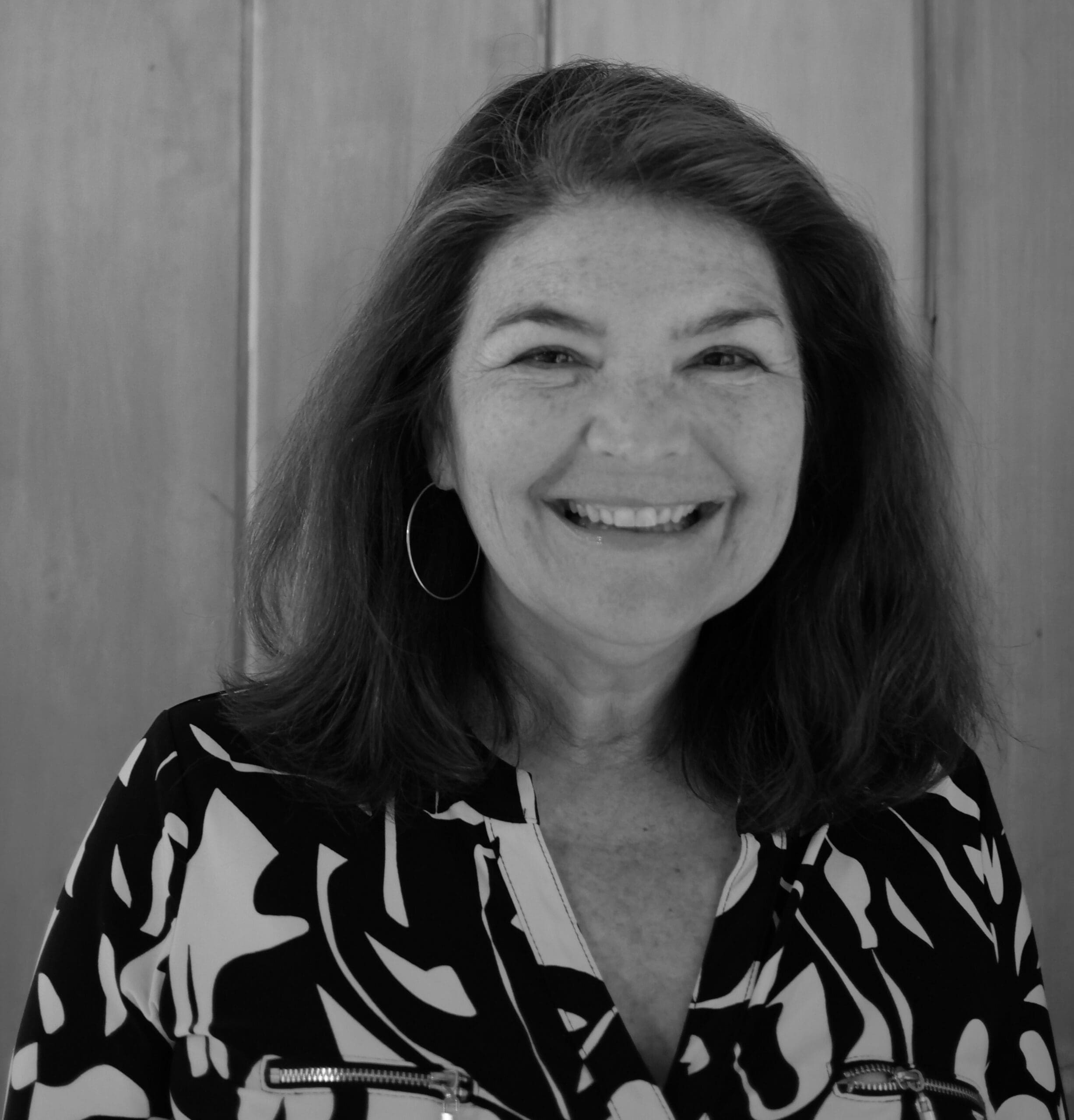Health and wellness news from across the state





Law Boosts CPR Training
In June 2012, 12-year-old Gwyneth Griffin, who had been born with a congenital heart defect, collapsed on the track of her Stafford County middle school. Although her classmates sought help immediately, she did not receive CPR until many critical minutes had passed. Sadly, she later died. From her grieving classmates, “we heard countless times, ‘if I had known what to do, I would have done something,’” says Gwyneth’s mother Jennifer. To ensure that what happened to their daughter would not happen again, Jennifer and Joel Griffin successfully pursued legislation that will put defibrillators in the schools and require every high school student, beginning with the freshman class of 2016, to receive CPR/AED training before they graduate. The law also requires all teachers to be trained in the lifesaving skills as a condition of their licensure. “Gwyneth’s Law,” introduced by Del. Mark Dudenhefer and Sen. Richard Stuart, passed at the 2013 General Assembly, and will add approximately 80,000 CPR and AED trained rescuers across Virginia every year. Says Joel, “We’re trying to continue [Gwyneth’s] legacy of caring and always having a friendly smile, her sense of giving and strong sense of community.” Heart.org
Mindful Dining
College students often get a bad rap for their diets. But the new “Mindful Dining” program that began at George Mason University’s Southside Dining Hall in January makes it easy for students to eat healthier meals. At each serving station, digital monitors display the healthiest options available, and dishes are pre-portioned, for more accurate measurement. Using their smartphones and tablets, students can capture the barcodes on the monitors to have the nutritional information loaded into the MyFitnessPal food diary and calorie counting app. “Healthy choices abound,” says Mark Arnold, Southside’s general manager. They include a Mediterranean bar, with whole grain salads, quinoa, barley and bulgur wheat; stations designated for those seeking a vegan, vegetarian or allergen-free diet; and a stir-fry station, similar to an omelet bar, where dishes are made to order using vegetables, meats and other ingredients selected by the students. Serving over 2,500 people a day, though, Arnold must satisfy a wide variety of tastes. “Not everyone wants to have healthy foods. We certainly have the guys that come in and eat pizza and cheeseburgers.” GMU.edu
In the Genes
When Angelina Jolie announced her preventive double mastectomy last May, “it certainly raised the public’s awareness about genetic testing for hereditary breast cancer,” says Sarah Ruppert, a board-certified genetic counselor with the Inova Translational Medicine Institute in Fairfax. “A lot more patients started asking their doctors about it.” Inova has provided genetic counseling and testing for about 10 years—though Ruppert estimates that the volume has doubled in the last two to three years. Inova “is really at the frontier of genomic research,” says Ruppert who spends half her time in clinical counseling, and the other half with a team focusing on a variety of research studies. Ruppert says most of her patients are those with a personal and/or family history of breast cancer who want to know if they, like Jolie, have a mutated BRCA1 or BRCA2 gene. (The next most frequent tests are for those to determine susceptibility to ovarian, colon and uterine cancers.) Fortunately, “most of the time, it’s good news,” says Ruppert. Only about 10 percent of her referrals present with a mutation, and a negative result provides reassurance in most cases. Inova.org
Spa of the Centuries
Visitors to the Spa of Colonial Williamsburg can step back in time as they enjoy services, including a 17th Century Detoxifying Herbal Wrap and Hot Stone Massage, an 18th Century Colonial Orange and Ginger Scrub, and a 19th Century African Traditional Bath. “A lot of research was done through Colonial Williamsburg to create modern-day interpretations of those wellness practices … the services are really, really steeped in history,” says Kate Mearns, spa director. For instance, the 17th century hot stone massage recalls the Native American practice of heating stones over fire to create steam in a sweat lodge type environment. “It was very detoxyfying for them,” says Mearns. Authentic, indigenous spa services are a big trend right now, but Colonial Williamsburg has offered its “Spa of the Centuries” line for years. “In a funny sense of timing, as we look back to the 17th and 18th centuries, we may be ahead of our time,” she says.
ColonialWilliamsburg.com/do/wellness-and-recreation/spa
Focus on You
“Patient-Centered Medical Home” is something we’ll continue to hear a lot more about as the Affordable Care Act continues to roll out this year. A PCMH is a traditional family practice, but with a patient-friendly twist. Patient care coordinators, often nurses, coordinate care with specialists and check on patients before and in between visits. “It’s much more of a continuous dialogue that’s going on, as compared to ‘I’ll see you in four months,’” says Dr. Michael Jeremiah, vice president and chair of Regional Family Practice for Carilion. Prevention is emphasized, and offices receive improved reimbursements from Medicare for certain services like wellness visits. Additionally, Medicare and insurance companies are beginning to reward improved patient outcomes. “We are seeing some trends of moving towards a value-based system, rather than [one based on] volume,” says Jeremiah. In 2009, the Carilion Clinic’s Family Medicine practice in Vinton was the first in Virginia to be recognized as a level III PCHM by the National Committee for Quality Assurance. Forty-nine family and pediatric practices in the Commonwealth can now claim that moniker. CarilionClinic.org, NCQA.org








